Events
Events
From advocating for policy changes to achieve universal health coverage to highlighting the latest technical innovations, MSH regularly runs public events and webinars featuring global health experts from around the world. On this page, you can check for upcoming events or watch recordings of and download resources from our recent events.
Upcoming Events:
No upcoming events.Past Events:
Built to Save Lives: Health Systems in a Time of Tough Choices
Monday, September 22, 2025, 3:00 – 5:00 PM | Club 101, 101 Park Avenue, New York, NY 10178. In-person attendance only. Major cuts in global…
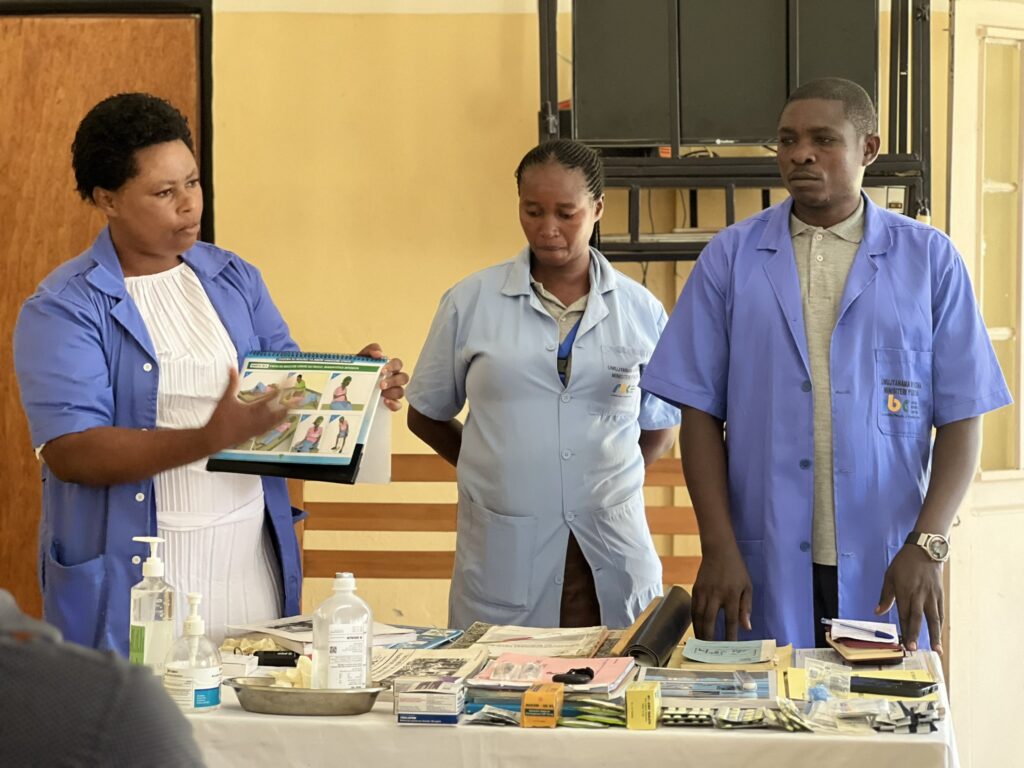
Achieving Universal Health Coverage in Urban Settings: Incentives, Challenges, and Opportunities
Watch the recording Cities in low- and middle-income countries are experiencing significant expansion. The World Bank estimates that India’s urban population will increase by 40%…
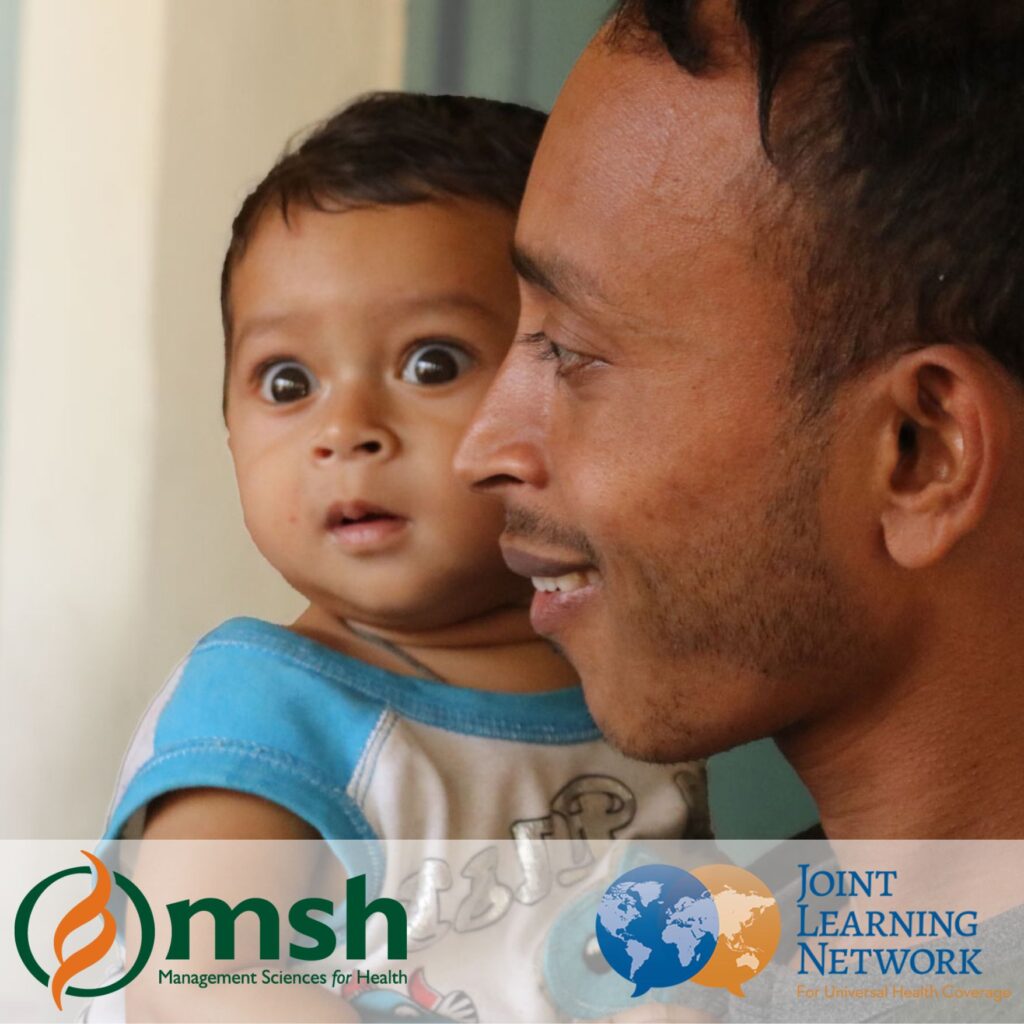
Financing Primary Health Care: Setting Priorities in a Shifting Funding Landscape
As the deadline for meeting the Sustainable Development Goals (SDG) approaches, enhancing primary health care is an important vehicle to achieve SDG target 3.8 on…

Join MSH at the 8th Global Symposium on Health Systems Research
MSH experts attended the Eighth Global Symposium on Health Systems Research (HSR 2024) in Nagasaki, Japan, November 18-22, along with approximately 2,000 other health systems…
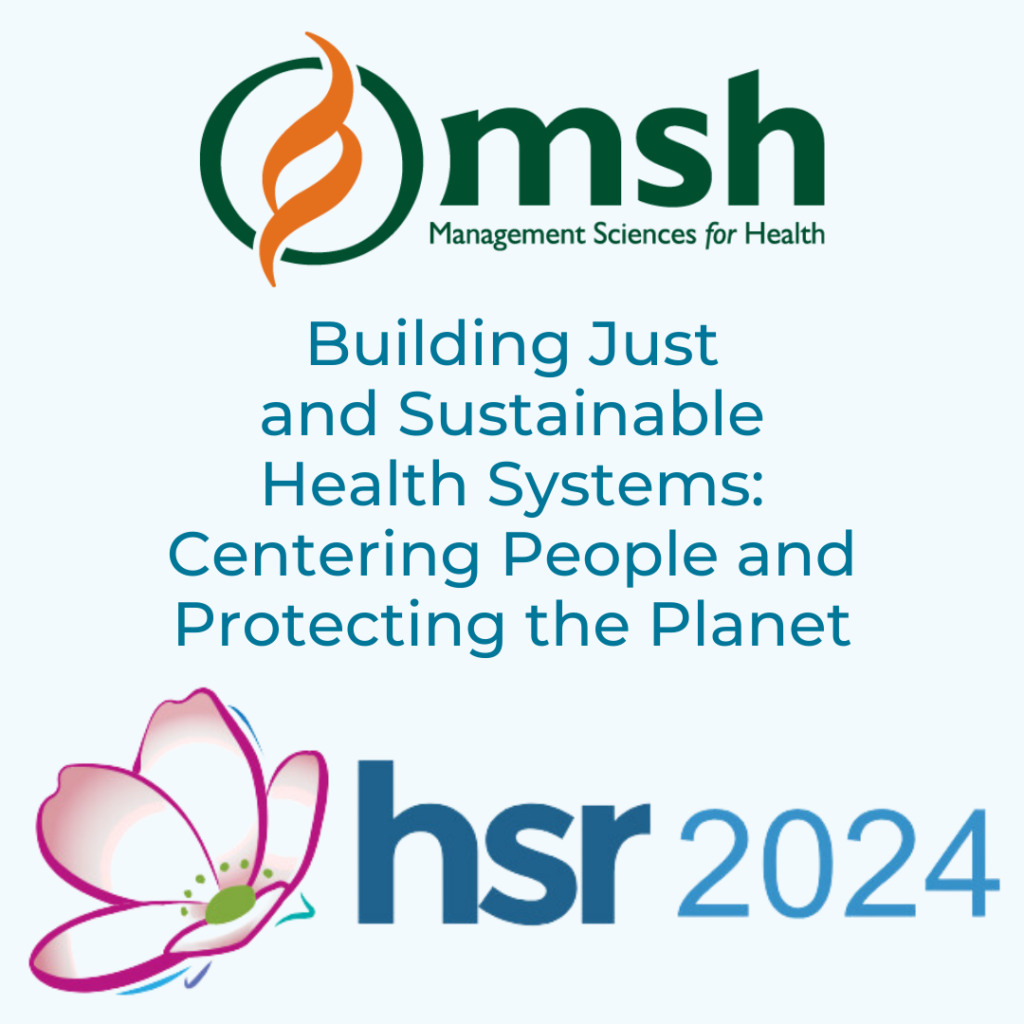
Join MSH at the ASTMH 2024 Annual Meeting
For over three decades, MSH has been supporting governments, donors, and international and local stakeholders in over 40 countries to fight malaria by scaling-up proven…
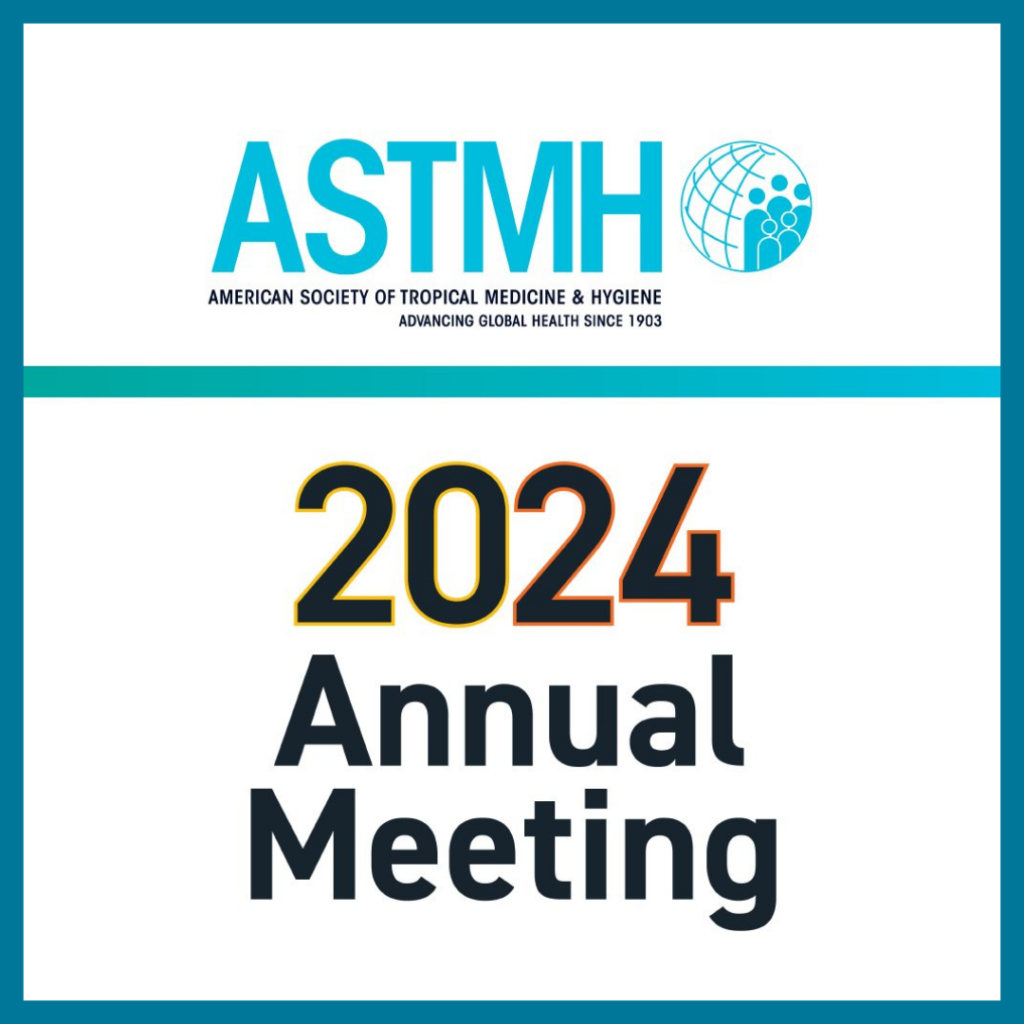
Join MSH at the Union World Conference on Lung Health 2024
The Union World Conference on Lung Health 2024 was held from November 12-18 in Bali, Indonesia. Focused on our approaches in Ethiopia, Afghanistan, and Indonesia,…
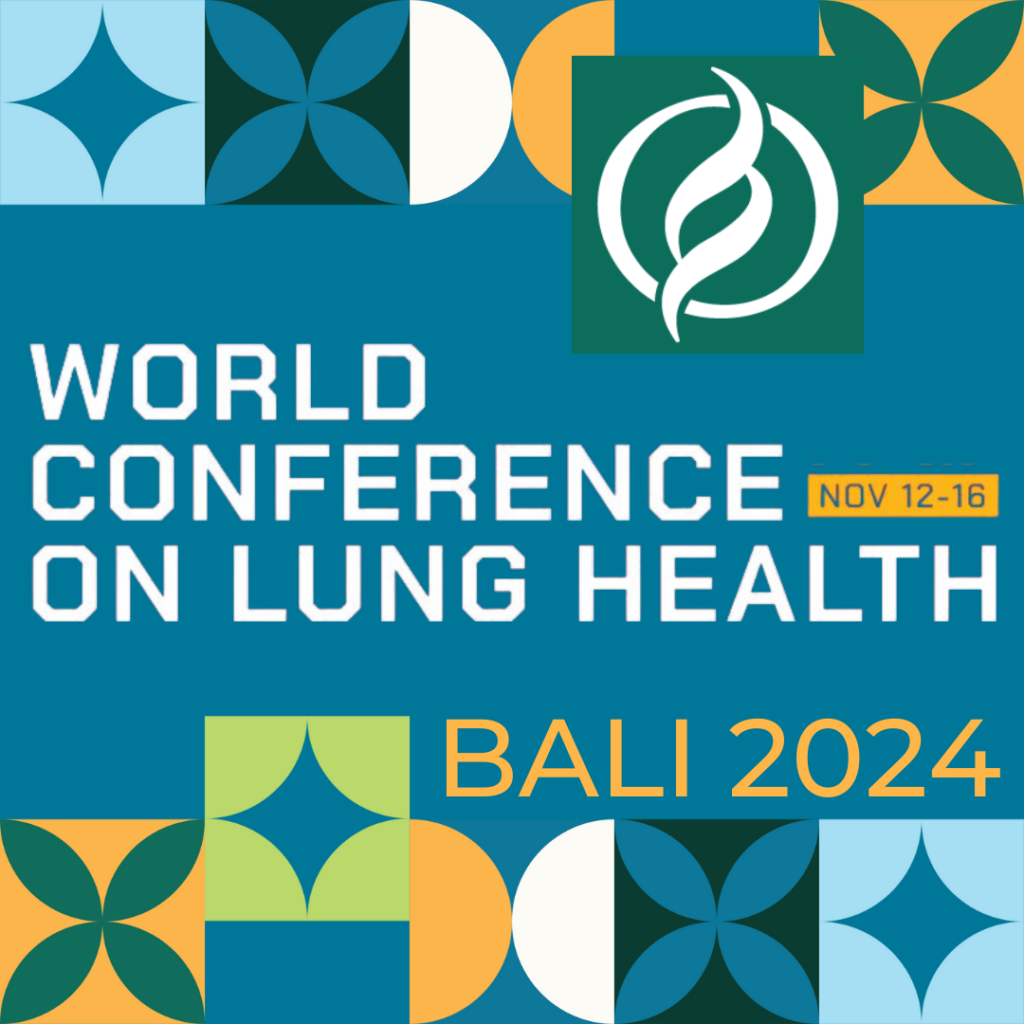
On the Frontlines of AMR: A Systems Approach
Monday, September 23, 2024 | 3:00–5:00 PM EDT Management Sciences for Health (MSH) hosted an in-person event on the sidelines of the 79th United Nations…
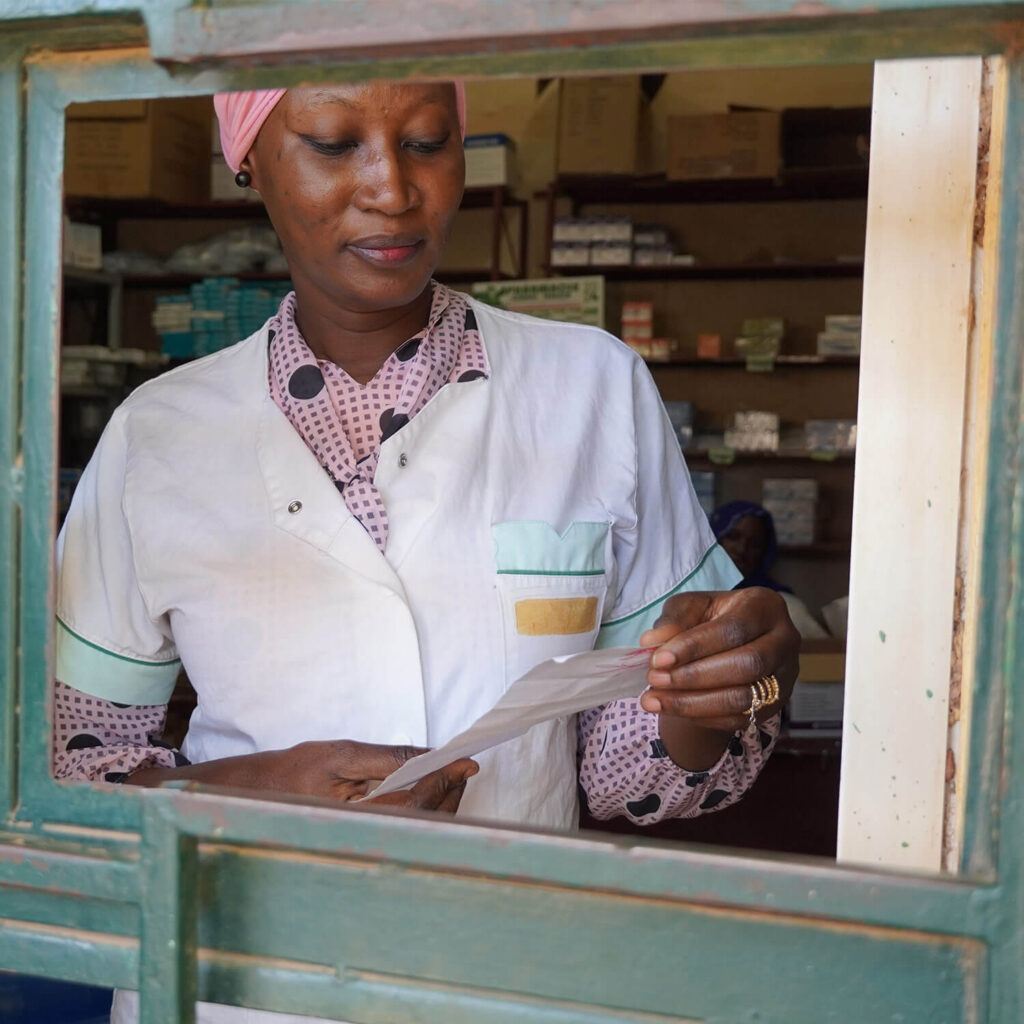
MSH at AIDS 2024
AIDS 2024, the 25th International AIDS Conference, took place in Munich, Germany, and virtually on July 22–26, 2024. MSH President and CEO Marian W. Wentworth led…
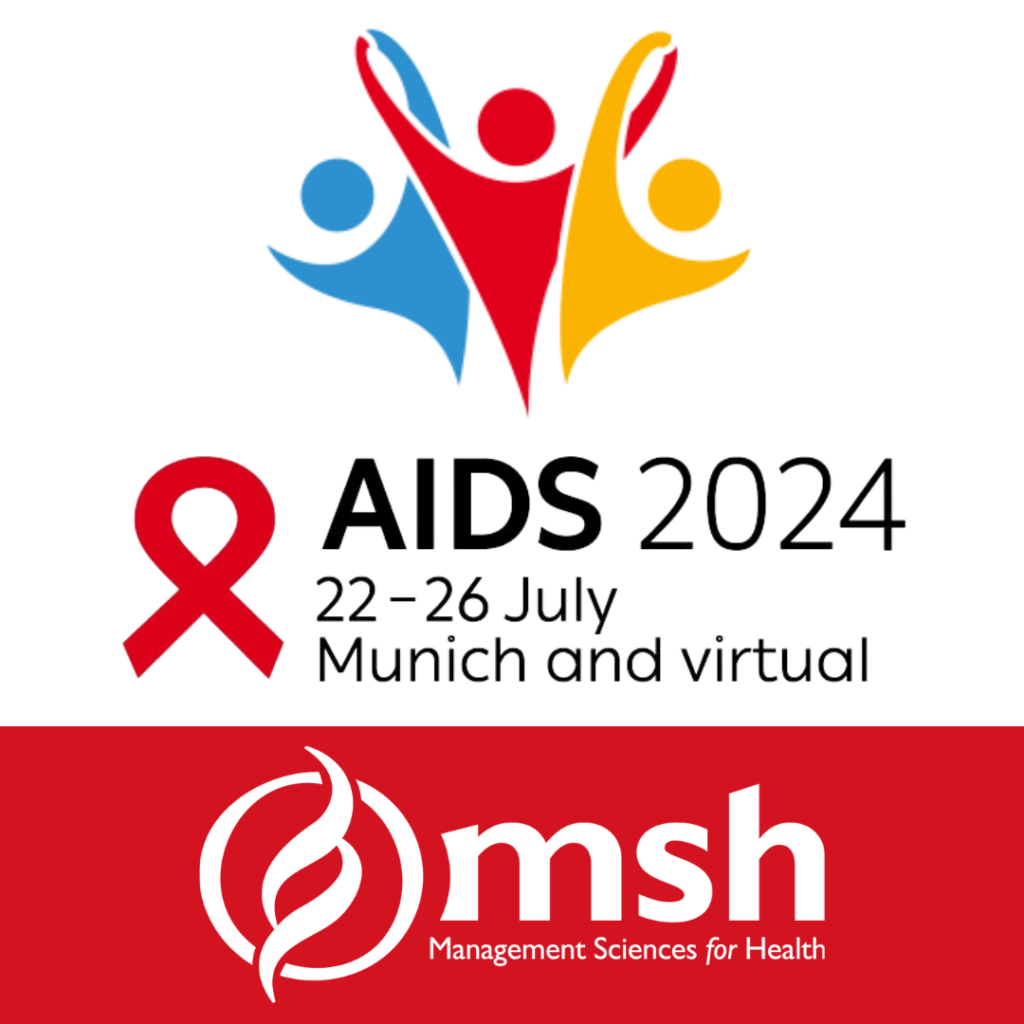
MSH at the Third Global Health Security Conference
MSH was proud to attend the third Global Health Security conference in Sydney, Australia, June 18–21, where leaders, researchers, and policy makers worldwide shared their…
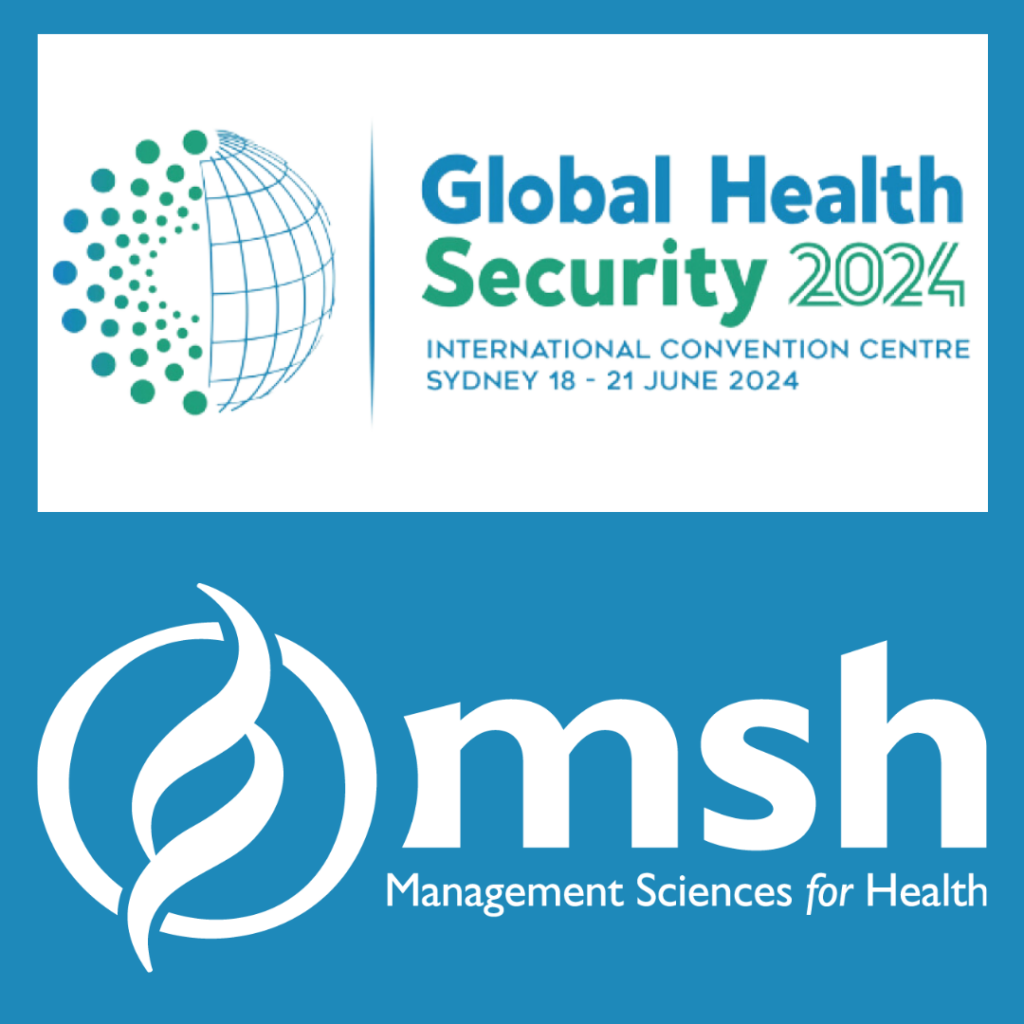
MSH at the HTAi 2024 Annual Meeting
MSH was proud to send a strong delegation to the HTAi Annual Meeting, June 15–19 in Seville, Spain. The conference theme, “A Turning Point for…

Rwanda’s Digital Health Strategy: Data-Driven Decisions for Improved Outcomes
Watch the recording On June 13, 2024, MSH hosted the webinar, Rwanda’s Digital Health Strategy: Data-Driven Decisions for Improved Outcomes, exploring the dynamic role of…
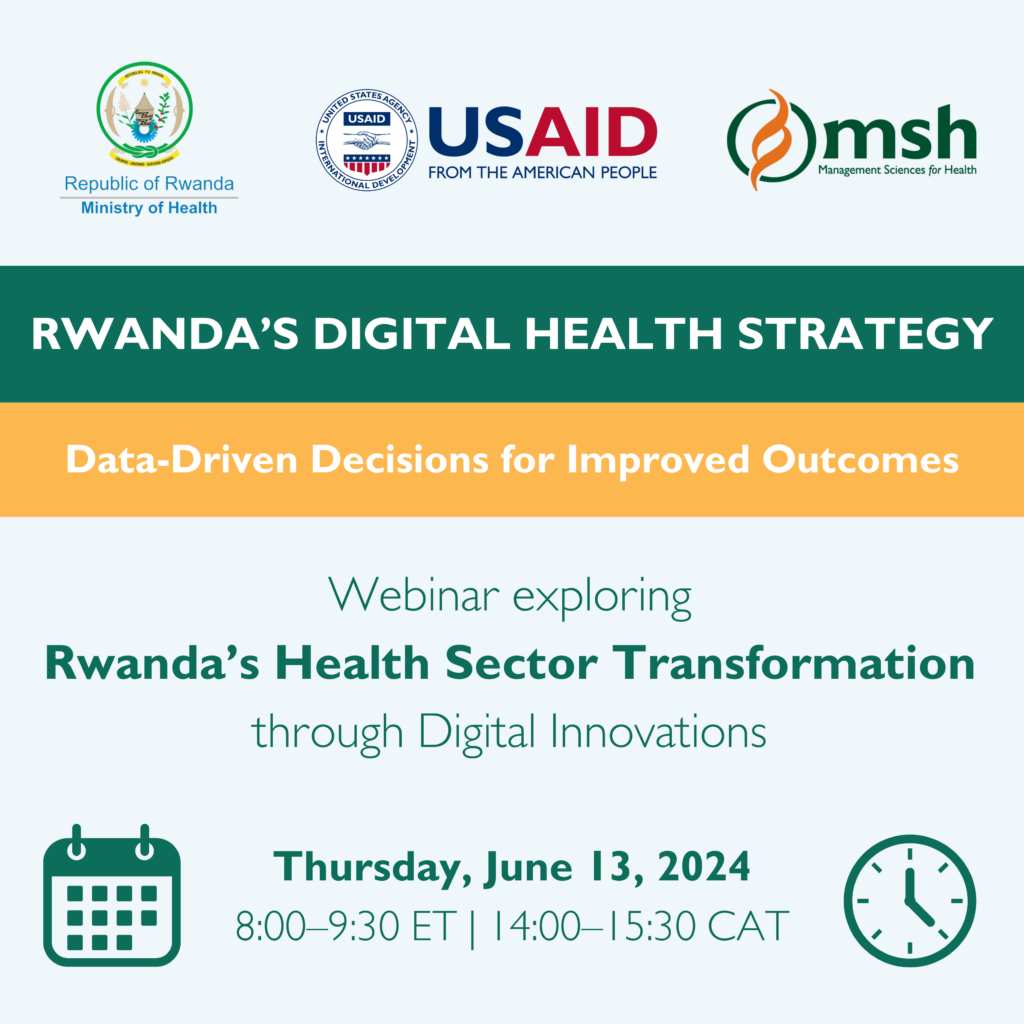
MSH at the 46th SAPICS Conference 2024
Supply chain professionals worldwide gathered in Cape Town, South Africa, for the SAPICS Annual Conference June 9–12 to exchange ideas, experiences, and expertise in all things supply…
